Many of the United States’ trading partners are scrambling to respond to an approaching deadline of August 1, when a new wave of tariffs on U.S.-bound exports will go into effect. These “reciprocal” tariffs, first announced by President Donald Trump in April, are designed to mirror the tariff levels that U.S. goods face abroad.
Despite attempts by several countries to avoid these penalties through negotiations, only China, the United Kingdom, and Vietnam have reached deals with Washington so far. The rest remain exposed to what could be economically damaging levies.
Trump Extends Tariff Deadline, South Korea Races to Secure Trade Agreement
In a move that increased diplomatic urgency, Trump sent letters to the leaders of 14 countries on Monday, notifying them of newly revised — and in many cases, increased — tariff rates.
While this was seen as a pressure tactic, the U.S. president also extended the implementation deadline from July 9 to August 1 for all nations except China. This delay provides a narrow window for countries to accelerate talks with the U.S. in hopes of avoiding the incoming trade penalties.
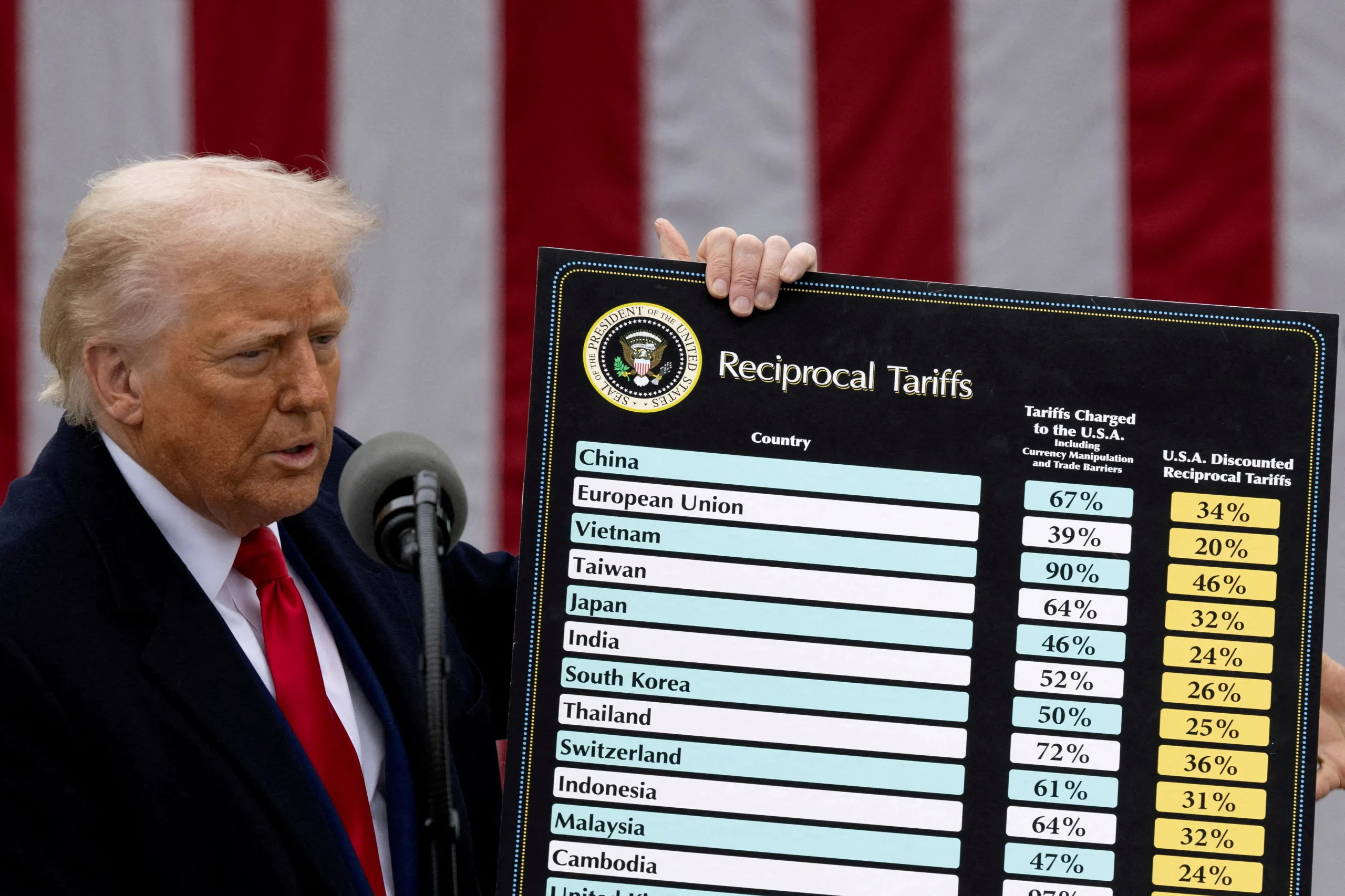
South Korea has responded swiftly to Trump’s latest move, aiming to intensify its negotiation efforts. With a threatened 25% tariff looming, South Korea’s Ministry of Trade, Industry and Energy stated that it would work to resolve trade uncertainties and reduce its surplus with the U.S.
The ministry emphasized its desire for a “manufacturing renaissance partnership” and acknowledged that talks had been ongoing since the country’s new government took office in June. However, it also admitted that more time was needed to reach a comprehensive agreement.
Japan Seeks Diplomacy While South Africa Pushes Back Against U.S. Tariff Measures
Japan, under Prime Minister Shigeru Ishiba, formed a high-level task force to manage the escalating trade tension with the U.S. Ishiba expressed his government’s intent to reach a mutually acceptable agreement while safeguarding Japan’s national interests.
Despite having conducted “earnest and sincere” negotiations, Japan has yet to secure a deal. Although critical of the U.S. tariffs and expressing regret over their imposition, Japan has refrained from issuing any threats of countermeasures, opting instead for a diplomatic and measured approach.
South Africa has taken a more vocal stance against the U.S. tariffs. President Cyril Ramaphosa denounced the 30% tariff on his country’s exports as a “unilateral” move that misrepresents actual trade dynamics. He pointed out that the majority of U.S. exports to South Africa face no tariffs, undermining claims of unfairness.
South Africa has submitted a trade framework proposal to the U.S. that addresses issues such as trade surplus and market access, underscoring its commitment to a balanced and fair trade relationship despite growing frustration with Washington’s actions.

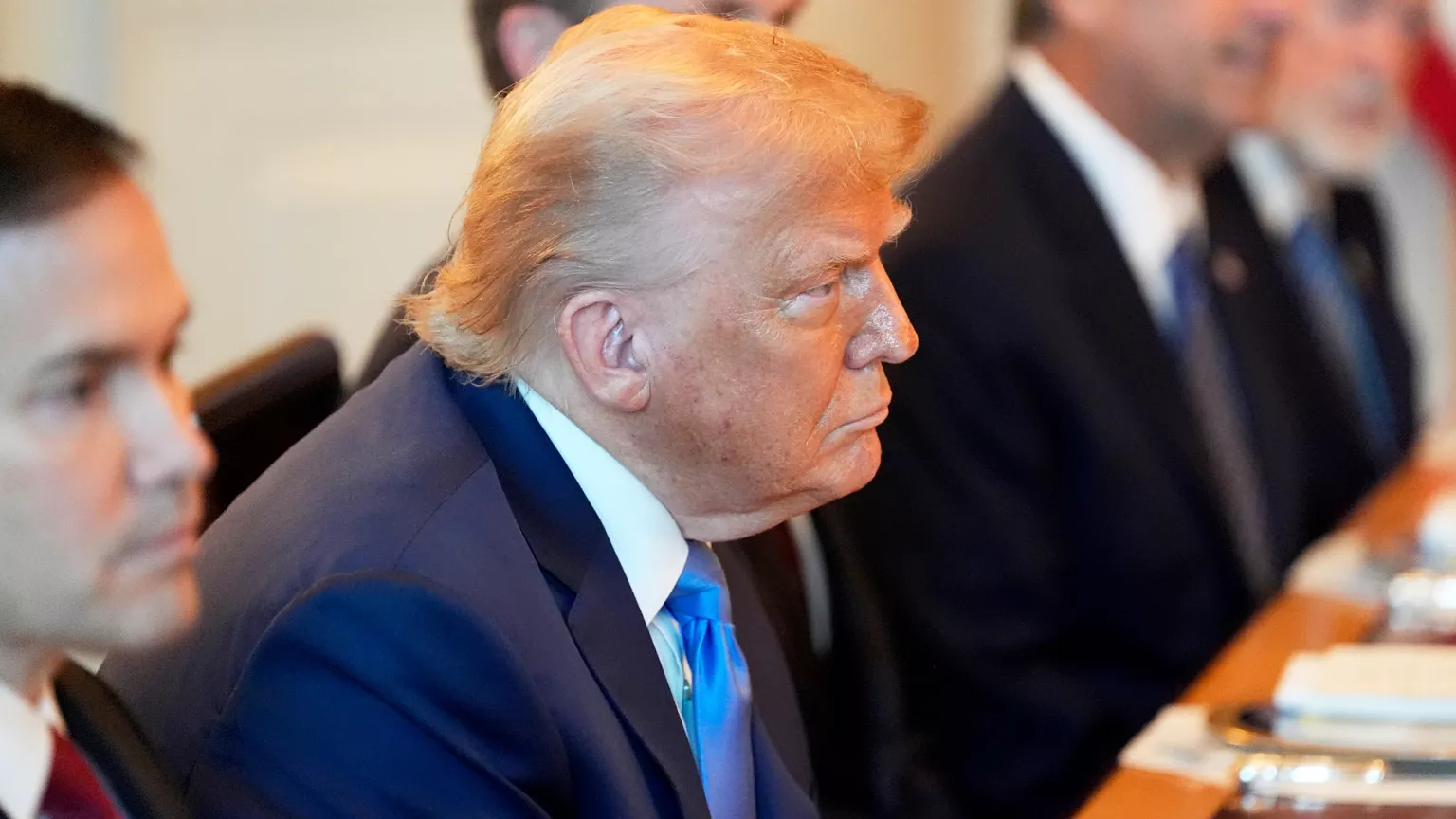







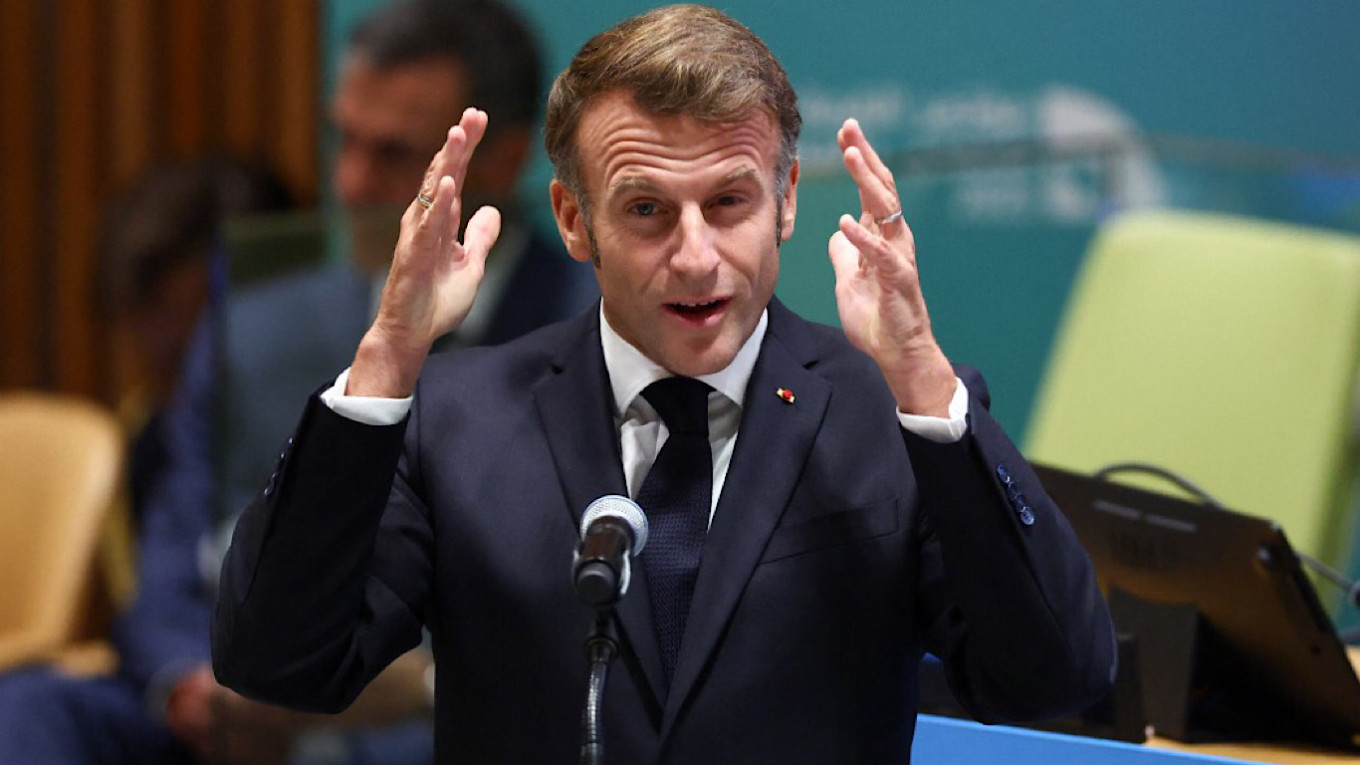
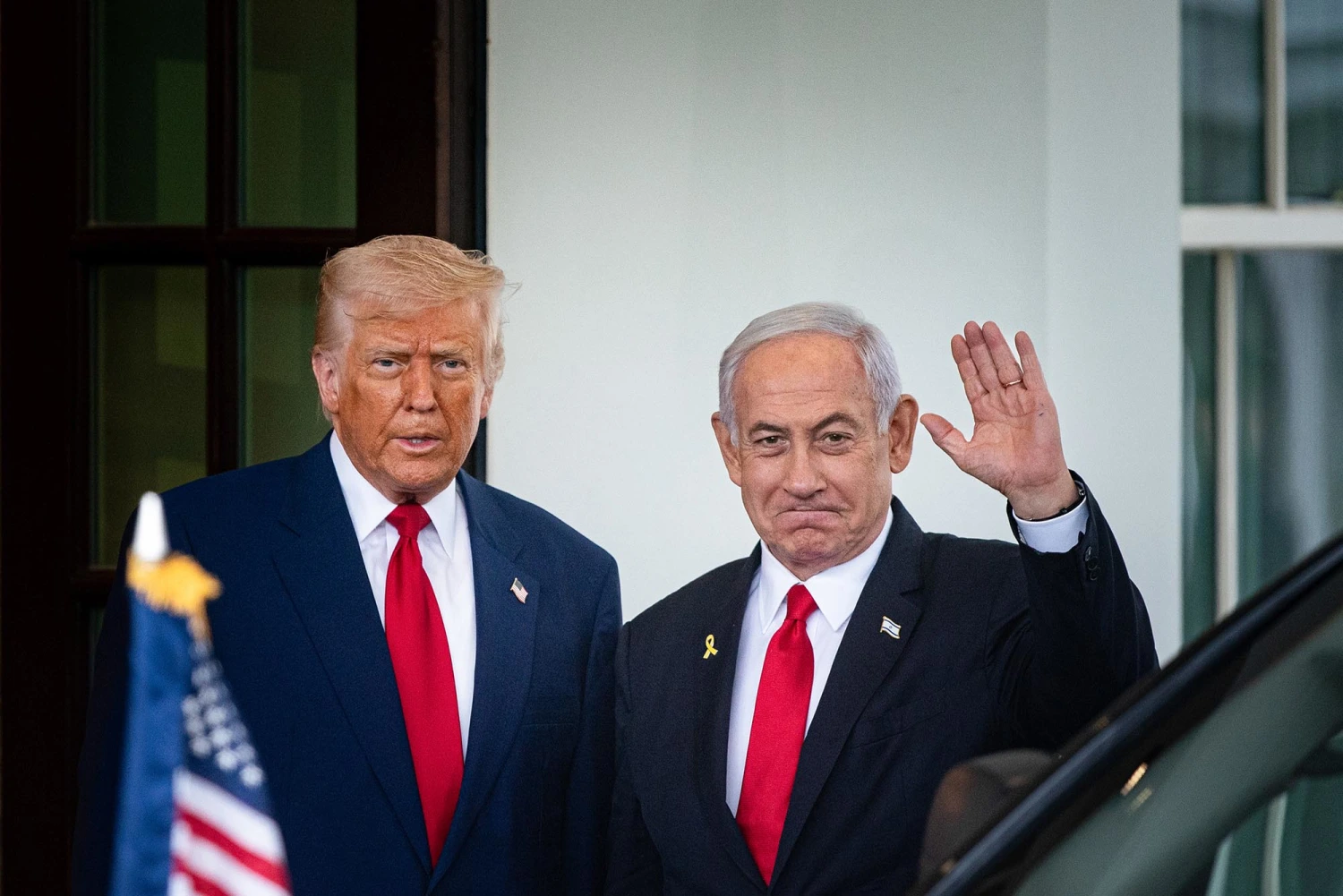
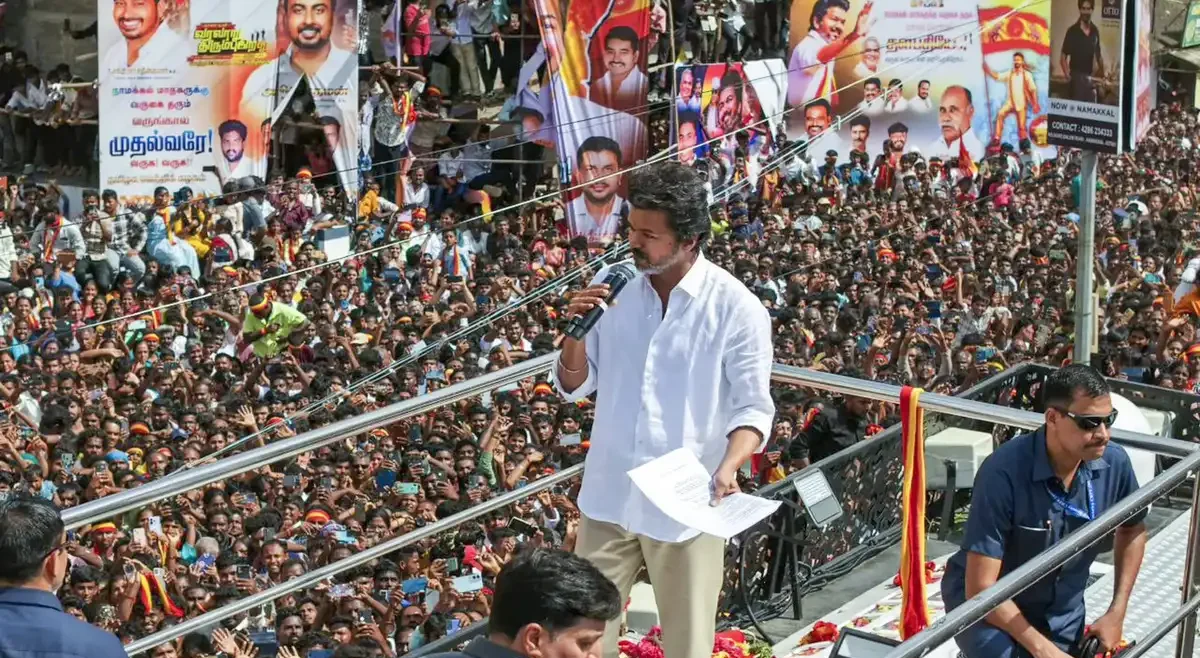
Leave a Reply